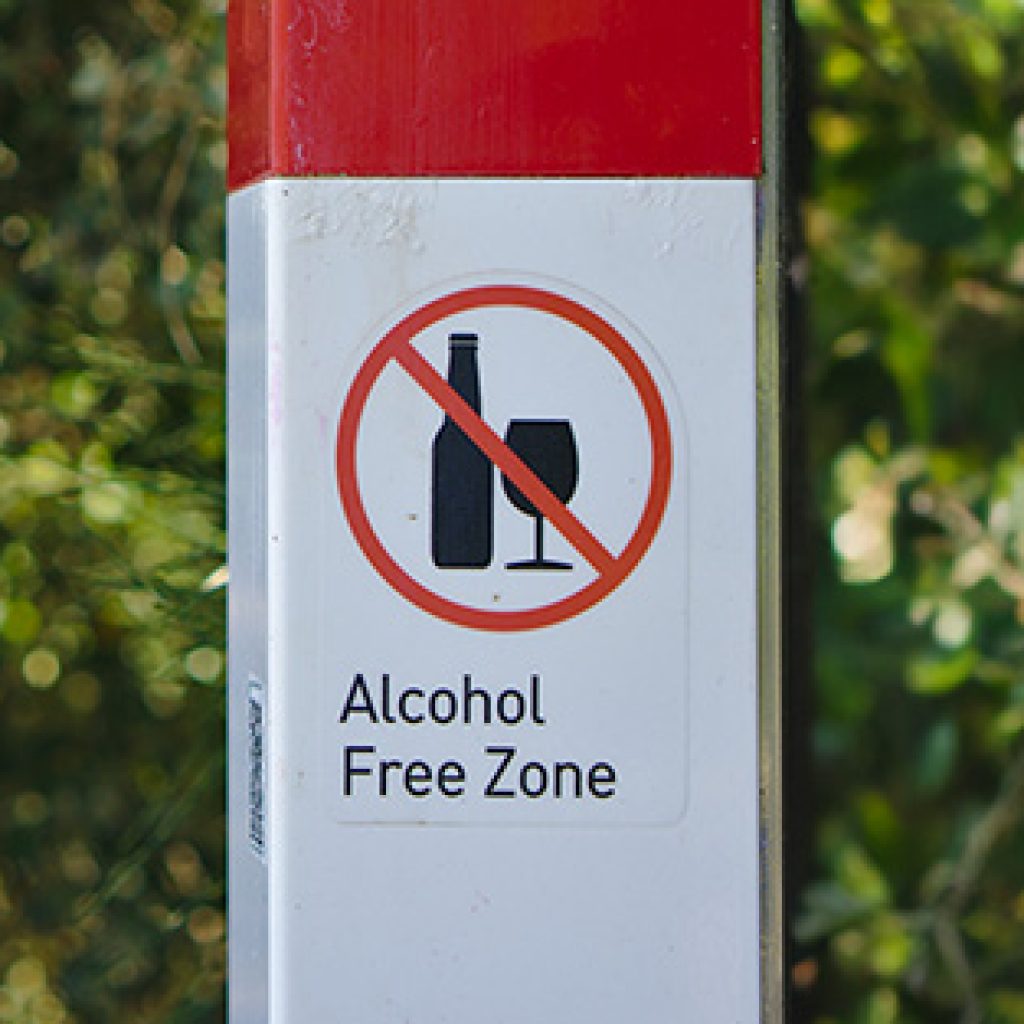The Importance of Supporting Clients to Manage Their Relationship with Social Media
Social media is not new within society. The original form of social media began in 1844 with a series of electronic dots and dashes tapped by a telegraph machine, known as morse code. Social media as we know it today began in 1997. Over the last 25 years social media has taken off and become a become a central aspect of daily life with more than half of the world’s population utilizing social networks.
Social Media Stats:
- Around the world, there are 4.55 billion social media users.
- Over the past 10 years, time spent on social media has increased by 63.3%.
- Globally, the average person spends 147 minutes per day scrolling, while in the United States, the average time spent on social media is 123 minutes per day.
- Almost 45% of internet users, research products on social media.
The top 10 most popular social networks of 2022 include:
- Facebook – 2895 million
- YouTube – 2291 million
- WhatsApp – 2000 million
- Instagram – 1393 million
- Facebook Messenger – 1300 million
- WeChat (Weixin) – 1251 million
- TikTok – 1000 million
- Douyin – 600 million
- QQ – 591 million
- Sina Weibo – 566 million
The evolution of social media has been fueled by the human need to connect and communicate. Digital technology allows people to connect on a global scale. It has become so entrenched in our daily lives that sometimes we may not even realize how much time we have spent scrolling. For many people it’s the first thing they look at in the morning and the last thing they look at before they go to bed. We are living in a massive social experiment, and the impact of long-term daily use is still unclear.
When individuals were asked how they think social media is impacting them, they reported the following the following positive and negative impacts:
Self-Reported Positive Impact:
- Increased access to information
- Freedom of expression
- Connect with people across the globe instantly
- Establishing and nurturing connections
Self-Reported Negative Impact:
- Worsened personal privacy
- Increased polarization in politics
- Increased distractions
Researchers have begun studying the impact that social media has on how we communicate, how we make decisions, and our mental health. To date, the research indicates that social media has an undeniable impact on our mental health. There are both positive impacts as well as negative impacts, many of which will continue to evolve as social media becomes more a part of our lives.
In a study published by the Journal of Mental Health, the researchers found a number of different conclusions (both positive and negative) based on an examination of 70 studies conducted over a decade. Findings were mixed and complex. For example, on one hand social media may serve as a protective factor for mental illness, as platforms support people to connect socially, express identity, and express themselves both emotionally and share life experiences. On the other hand, it can fuel miscommunications, people may feel lonely or isolated, and it may increase depression and anxiety. For those who already experience depression and anxiety they may utilize social media more frequently. The research shows several positive and negative impacts, some of which are contradicting.
Potential Positive Impacts:
- Lower levels of loneliness
- Greater feelings of belonging
- Positive social interactions (a feeling of social connectedness)
- Actual and perceived access to social support
- Higher levels of life satisfaction
- Increased self-esteem
- Protective role for depression and anxiety
- Accessing other people’s health experience
- Self-expression and self-identity
- Establish and maintain relationships
Potential Negatives Impacts:
- Increase exposure to negative social interactions (i.e., cyberbullying)
- Decrease in self-esteem
- Decrease in life satisfaction
- Frequent social comparison
- Social anxiety
- Greater use of negative language
- Increased rumination
- Social Networking Site (SNS) Addiction
- Problematic use related to depression and anxiety
- Poor sleep quality
- Thoughts of suicide or self-harm
- Increased levels of distress
- Body image dissatisfaction
- Fear of missing out (FOMO)
As with most things, the answer as to how social media impacts mental health is – it depends. Each person responds differently and exploring how the relationship with social media is impacting the individual can be an important part of the therapeutic process. Below are 10 questions that you can ask yourself and/or your clients about their relationship to social media.
10 Possible Questions to Ask Clients About Their Social Media Relationship
- How often do you use social media?
- How would you describe your relationship to social media?
- How do you feel after you post on social media?
- What purpose does social media serve in your life?
- How would you describe your social interactions on social media?
- How would you describe your experience with social media (i.e., positive, negative, or neutral)
- Do you find yourself using social media more over time?
- How do you feel when you are not able to use social media?
- Does social media cause any problems in your life?
- When you aren’t using social media, do you spend a lot of time thinking about it?
By supporting clients evaluate their relationship and build healthy habits, we can support them to have a healthy relationship to social media. Below are 5 tips for developing technology hygiene.

Schedule time to use social media and make time to take breaks. Encourage clients to set time limits (i.e., no more than 60 minutes/day), and times that they will take breaks (i.e., no social media on Saturdays, enjoy a phone-free dinner).

Be aware of why you are using social media. What do you use social media for? What is important about it?

Know your purpose for using it when logging in. Prior to looking at social media, pause and check in with yourself. How are you feeling in the moment? What is your reason for wanting to login to social media right now (i.e., are you feeling bored, lonely, or just wanting to utilize some time). If you are already feeling down or anxious, consider going for a walk, calling a friend, reading a book, or having a cup of tea.

Stay mindful while scrolling. Notice where your mind goes while you are scrolling. Are you comparing yourself to others? Are you getting angry about posts you see? Are you mindlessly scrolling? When you notice that it is no longer serving the need you logged in for. Move onto something else in your day.

Pause before posting. Ask yourself why are you posting this? How will you feel when people see it?
Ready to Learn More?
Join us for an upcoming LIVE WEBINAR, The New Face of Anxiety: Treating Anxiety Disorders in the Age of Texting, Social Media and 24/7 Internet Access
Texting rather than talking. Gathering “likes” and followers. Making friends via a gaming console. Unrelenting 24/7 news cycles. Ready or not, the rise of social media, and 24/7 Internet access has changed the way we relate to one another (and ourselves), leaving in its wake a whole new set of challenges for those who use it.
As therapists, you see people of all ages with these issues:
The girl with low self-esteem as she compares herself to Instagram influencers. The boy who isn’t sleeping after reading messages. The challenge of separating reality from image on social media. The socially anxious young adult who struggles to meet people in person because all of his “friends” are online. The parent who has to contend with “Facebook shaming” for every parenting decision. The older adult who feels out of touch and disconnected. The impact is rampant and pervasive – as a result, treatment of anxiety doesn’t look the same anymore.
Attend this unique and engaging webinar to learn innovative ways to treat this new facet of anxiety with today’s client.
You’ll discover:
- Why the use of social media and Internet creates brain-based craving and confusion
- How excessive screen time affects mood, anxiety and self-worth in clients of all ages
- Tools to help clients regulate their emotions and make wise decisions (on and offline)
- Innovative techniques for promoting healthy use of technology with clients
- Deliberate strategies for managing time, device use and “information overload”
Presented by: Margaret Wehrenberg, Psy.D.
Margaret Wehrenberg, Psy.D., is a coach and therapist, an author, and an international trainer and speaker on topics related to psychotherapy for anxiety and depression, stress management, and optimizing anxiety for achievement. She is a practicing psychologist and has been a trainer of therapists for 30 years. She is a sought-after speaker for continuing education seminars, consistently getting the highest ratings from participants for her dynamic style and high-quality content. Her individualized coaching for panic, worry and social anxiety has helped professionals from entrepreneurs to corporate executives, from sales personnel to IT specialists.
Dr. Wehrenberg is a frequent contributor to the award-winning Psychotherapy Networker magazine and has produced Relaxation for Tension and Worry, an audio file for breathing, muscle relaxation, and imagery to relax. Digital, audio and DVD versions of her training are available for obtaining CEU’s. She has 10 books on topics of anxiety and depression published by W.W. Norton, and a workbook, Stress Solutions, published by PESI.
Continuing Education Units: 3 CEUs
This learning event is approved for CEUs by the following professional organizations:
- National Association of Alcohol & Drug Abuse Counselors (NAADAC)
- National Board for Certified Counselors (NBCC)*
- International Certification & Reciprocity Consortium (IC&RC)
- Nevada Board of Examiners for Alcohol, Drug, & Gambling Counselors
- Nevada State Board of Nursing
- Board of Examiners for Marriage and Family Therapists and Clinical Professional Counselors
- State of Nevada Board of Examiners for Social Workers
*CASAT has been approved by NBCC as an Approved Continuing Education Provider, ACEP No. 6492. Programs that do not qualify for NBCC credit are clearly identified. CASAT is solely responsible for all aspects of the programs.
Additional resources may be found on the CASAT OnDemand Resources & Downloads page.
This article was developed by Heather Haslem, M.S. Feel free to use, link to, or distribute this information. A link to our site and attribution would be much appreciated.
References:
Bashir, H., & Ahmad Bhat, S. (2017). Effects of social media on Mental Health: A Review. International Journal of Indian Psychology, 4(3). https://doi.org/10.25215/0403.134
Chancellor, S., & De Choudhury, M. (2020). Methods in predictive techniques for mental health status on Social Media: A critical review. Npj Digital Medicine, 3(1). https://doi.org/10.1038/s41746-020-0233-7
Devgan, S. (2021, December 10). 100 social media statistics for 2022 [+infographic]: Statusbrew. Statusbrew Blog. Retrieved March 29, 2022, from https://statusbrew.com/insights/social-media-statistics/#social-media-usage-statistics
Hassan, E. S., & Tatari, F. (2021). Investigating the role of social media on mental health. Mental Health and Social Inclusion, 25(1), 41-51. doi:http://dx.doi.org/10.1108/MHSI-06-2020-0039
Merriam-Webster. (n.d.). Social media definition & meaning. Merriam-Webster. Retrieved March 29, 2022, from https://www.merriam webster.com/dictionary/social%20media
Naslund, J. A., Bondre, A., Torous, J., & Aschbrenner, K. A. (2020). Social Media and Mental Health: Benefits, risks, and opportunities for research and Practice. Journal of Technology in Behavioral Science, 5(3), 245–257. https://doi.org/10.1007/s41347-020-00134-x
Seabrook, E. M., Kern, M. L., Rickard, N. S., Monash Institute of Cognitive and Clinical Neurosciences, & Seabrook, C. A. E. M. (2016). Social networking sites, depression, and anxiety: A systematic review. JMIR Mental Health. Retrieved August 14, 2022, from https://mental.jmir.org/2016/4/e50/
Statista. (2022). Global Daily Social Media Usage 2022. Statista. Retrieved August 14, 2022, from https://www.statista.com/statistics/433871/daily-social-media-usage-worldwide/
Blog Post Tags:
Related Blog Posts
Related Learning Labs
Related Resources
.
- Buscar Tratamiento de Calidad para Trastornos de uso de Sustancia (Finding Quality Treatment for Substance Use Disorders Spanish Version)
- Finding Quality Treatment for Substance Use Disorders
- Focus On Prevention: Strategies and Programs to Prevent Substance Use
- Monthly Variation in Substance Use Initiation Among Full-Time College Students
- The National Survey on Drug Use and Health (NSDUH) Report: Monthly Variation in Substance Use Initiation Among Adolescents








